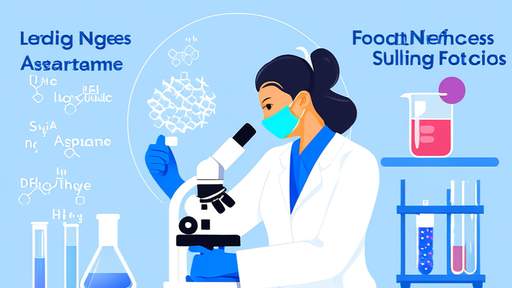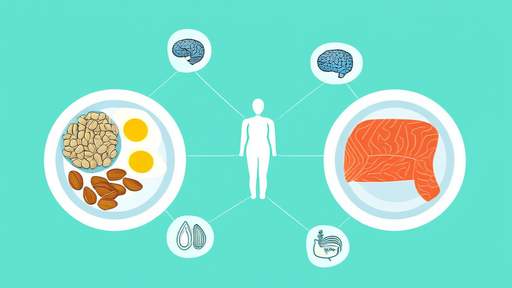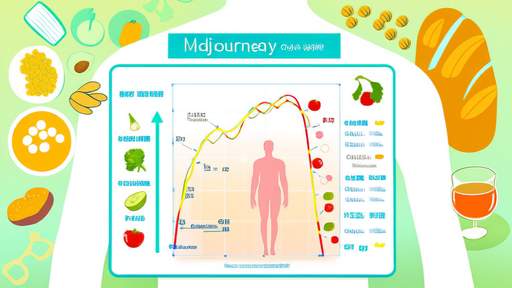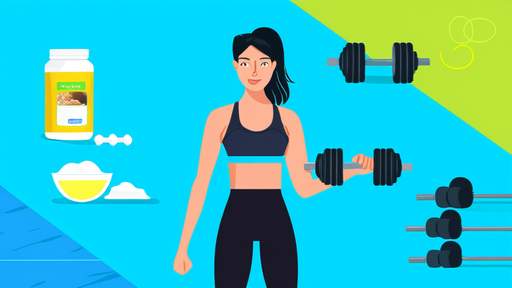In an era where health consciousness is at its peak, vitamin supplements have become a staple in many households. The allure of these tiny pills promising to fill nutritional gaps and boost overall well-being is undeniable. Yet, the growing dependency on supplements raises a critical question: are they truly beneficial, or could their misuse turn them into nothing more than expensive placebos?
The supplement industry has witnessed exponential growth, with shelves brimming with options catering to every imaginable need. From immunity boosters to energy enhancers, the market thrives on the promise of better health. However, beneath the glossy packaging and persuasive marketing lies a complex reality. Supplements, when used correctly, can indeed be invaluable, especially for individuals with specific deficiencies or dietary restrictions. For instance, vitamin D supplements are a lifeline for those living in regions with limited sunlight, while vegans often rely on B12 supplements to meet their nutritional requirements.
Yet, the line between necessity and excess is often blurred. The misconception that "more is better" has led to rampant overconsumption, with many individuals self-prescribing high doses without medical supervision. This practice is not only wasteful but can also pose serious health risks. Fat-soluble vitamins like A, D, E, and K, for example, are stored in the body and can accumulate to toxic levels if taken in excess. Even water-soluble vitamins, which are typically excreted when consumed in surplus, can cause adverse effects when taken in megadoses. The irony is that while people pop pills in pursuit of health, they might inadvertently be harming their bodies.
Another overlooked aspect is the quality and sourcing of these supplements. Not all products are created equal, and the lack of stringent regulations in some regions means that consumers might be ingesting subpar or even contaminated substances. The rise of counterfeit supplements further exacerbates the problem, with some products containing little to none of the advertised ingredients. This underscores the importance of purchasing from reputable brands and, whenever possible, opting for third-party tested products to ensure safety and efficacy.
The interplay between supplements and medications is another critical consideration. Many people fail to realize that vitamins and minerals can interact with prescription drugs, either diminishing their effectiveness or amplifying their side effects. For example, calcium can interfere with the absorption of certain antibiotics, while vitamin K can counteract blood thinners like warfarin. These interactions highlight the necessity of consulting healthcare professionals before incorporating supplements into one’s regimen, particularly for those on chronic medications.
Beyond the physical implications, the psychological impact of supplement dependency is worth noting. The belief that a pill can compensate for poor lifestyle choices fosters a dangerous mindset. No amount of supplements can offset the effects of a sedentary lifestyle, inadequate sleep, or a diet high in processed foods. True health is holistic, requiring a balanced approach that includes proper nutrition, regular exercise, and mental well-being. Supplements should be viewed as exactly what their name suggests—supplementary, not primary.
Despite the potential pitfalls, there’s no denying that supplements have their place in modern healthcare. Pregnant women, for instance, benefit greatly from folic acid to prevent neural tube defects in their babies. Elderly individuals often require additional calcium and vitamin D to maintain bone health. Athletes might need extra electrolytes and protein to support their rigorous training. The key lies in personalized usage—tailoring supplement intake to individual needs based on age, health status, and lifestyle.
Education plays a pivotal role in ensuring that supplements are used effectively. Consumers must be empowered with accurate information to make informed decisions. This includes understanding the difference between synthetic and natural vitamins, recognizing the signs of deficiency or overdose, and knowing when to seek professional advice. Healthcare providers, too, have a responsibility to guide their patients, debunking myths and setting realistic expectations about what supplements can and cannot do.
In the grand scheme of things, vitamins and minerals are indeed powerful allies in the quest for health, but their potency is double-edged. Used wisely, they can bridge nutritional gaps and enhance quality of life. Used recklessly, they become little more than a costly and potentially harmful indulgence. The adage "let food be thy medicine" still holds profound truth. A varied, nutrient-rich diet should always be the foundation of good health, with supplements serving as a carefully considered addition rather than a replacement.
As research continues to evolve, so too should our approach to supplementation. Staying abreast of scientific developments and maintaining a critical eye on industry trends will help consumers navigate the supplement landscape safely. In the end, the goal is not to shun supplements altogether but to respect their role and use them judiciously. After all, even the most potent elixir is only as good as the wisdom with which it is consumed.

By /Jun 5, 2025

By /Jun 5, 2025

By /Jun 5, 2025

By /Jun 5, 2025

By /Jun 5, 2025

By /Jun 5, 2025

By /Jun 5, 2025

By /Jun 5, 2025

By /Jun 5, 2025

By /Jun 5, 2025

By /Jun 5, 2025

By /Jun 5, 2025

By /Jun 5, 2025

By /Jun 5, 2025

By /Jun 5, 2025

By /Jun 5, 2025

By /Jun 5, 2025

By /Jun 5, 2025

By /Jun 5, 2025

By /Jun 5, 2025